Summary:
Vertical Bay is adapting Japanese scallop farming techniques to US conditions, aiming to quadruple production next year.
Struan Coleman's financial analysis and research have been key to the startup's growth and efficiency improvements.
The company uses ear-hanging techniques and a Tech3 machine to increase scallop farming efficiency.
The US scallop market is nearly a billion dollars, with significant imports creating a trade imbalance.
Vertical Bay plans to scale up production and work with larger distributors to meet demand, while maintaining quality.
Vertical Bay, a Maine-based startup, is revolutionizing scallop farming in the US by adopting and adapting Japanese aquaculture techniques. Founded by Andrew Peters and his wife, Sam, and now joined by Struan Coleman, the company is on the verge of a significant breakthrough, aiming to quadruple its production next year.
Applied Research: The Real Deal
Coleman's journey into scallop aquaculture began with his master's programme at the University of Maine, where he connected with Peters. His financial analysis skills have been instrumental in Vertical Bay's growth. The company's success is a testament to the power of applied research and collaboration.
The Japanese Connection
Vertical Bay's farming techniques are inspired by Japan's scallop industry, which Maine fishermen and academics studied in the late 1990s. This knowledge transfer has enabled Maine to evolve from wild stock enhancement to dedicated scallop farming, though the industry remains in its infancy.
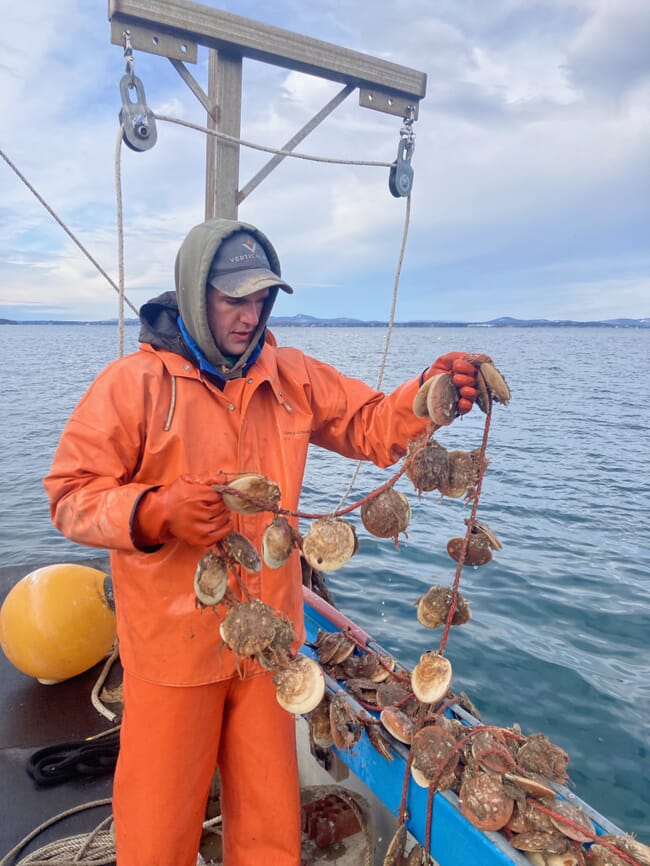
Farming Techniques
The company has adapted Japanese machinery for local conditions, a process fraught with trial and error due to the two-year growth cycle of scallops. Their current method involves collecting wild spat in autumn and on-growing them in nets before ear-hanging them for final growth. The recent acquisition of a Tech3 machine has significantly increased efficiency.
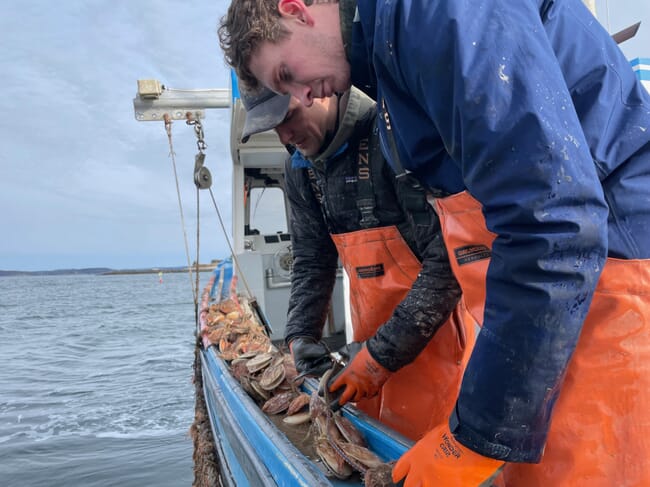
A Ready-Made Market
The US scallop market is nearly a billion dollars, with significant imports creating a trade imbalance. Vertical Bay currently sells directly to restaurants, but plans to scale up and work with larger distributors to meet growing demand.
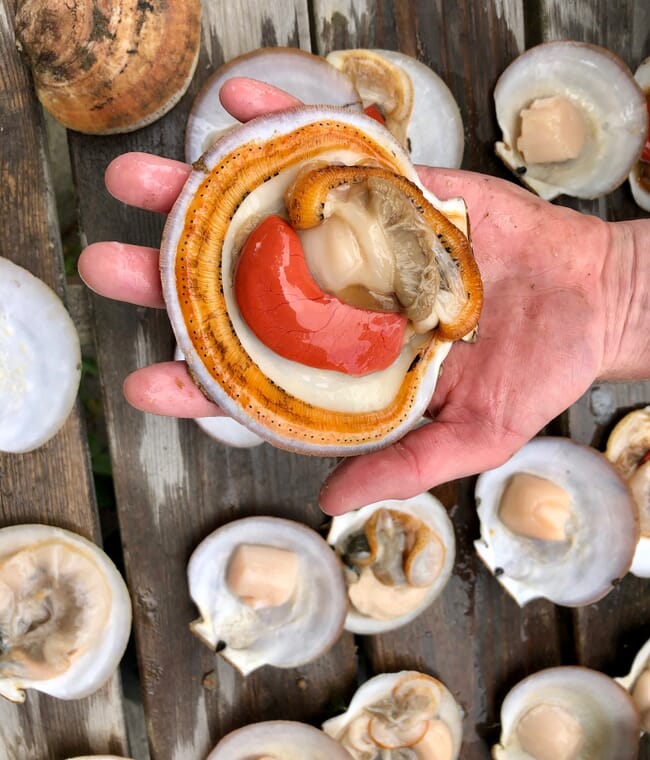
Looking Ahead
Vertical Bay aims to produce 10,000-15,000 pounds of scallops annually and hopes to inspire more farmers to join the sector, advocating for collective growth and resource sharing.






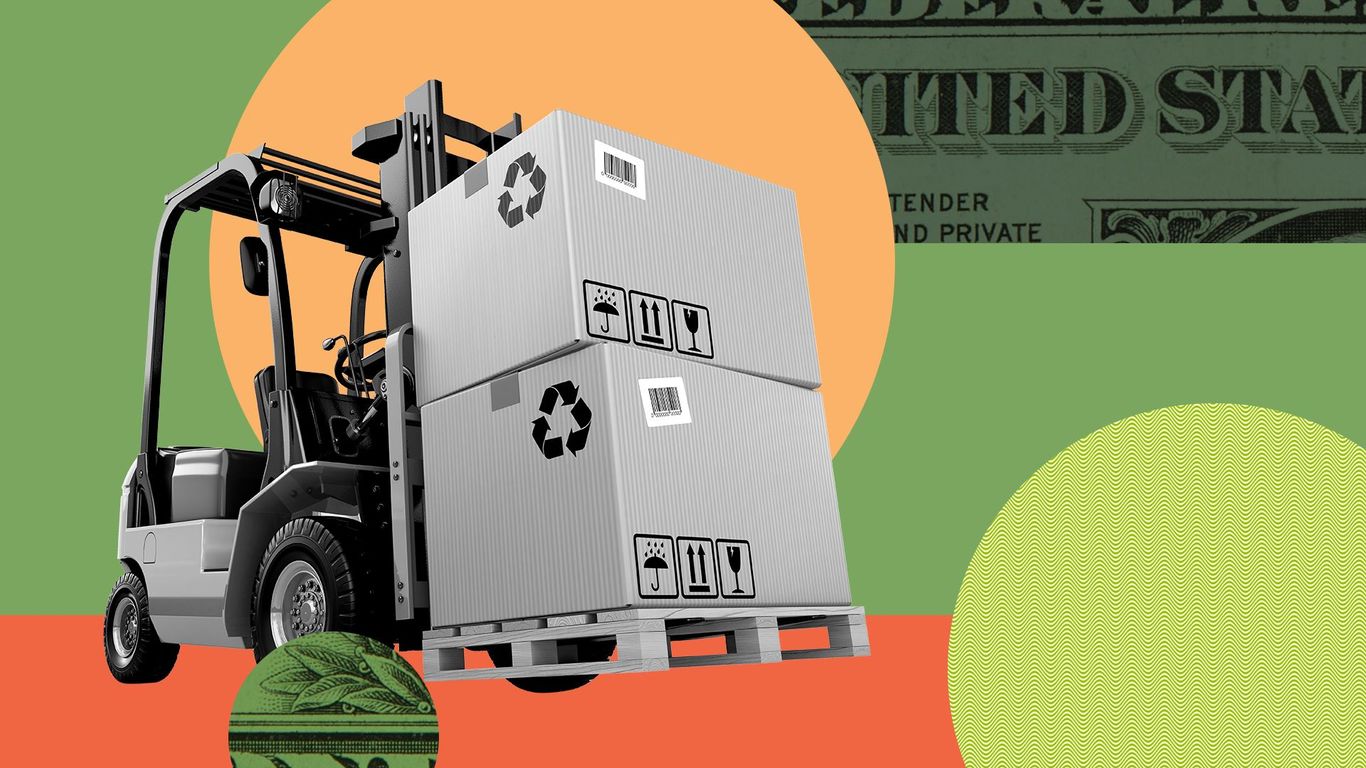
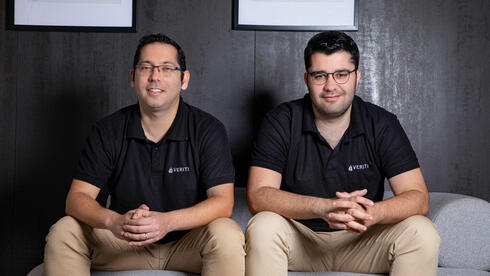
Comments